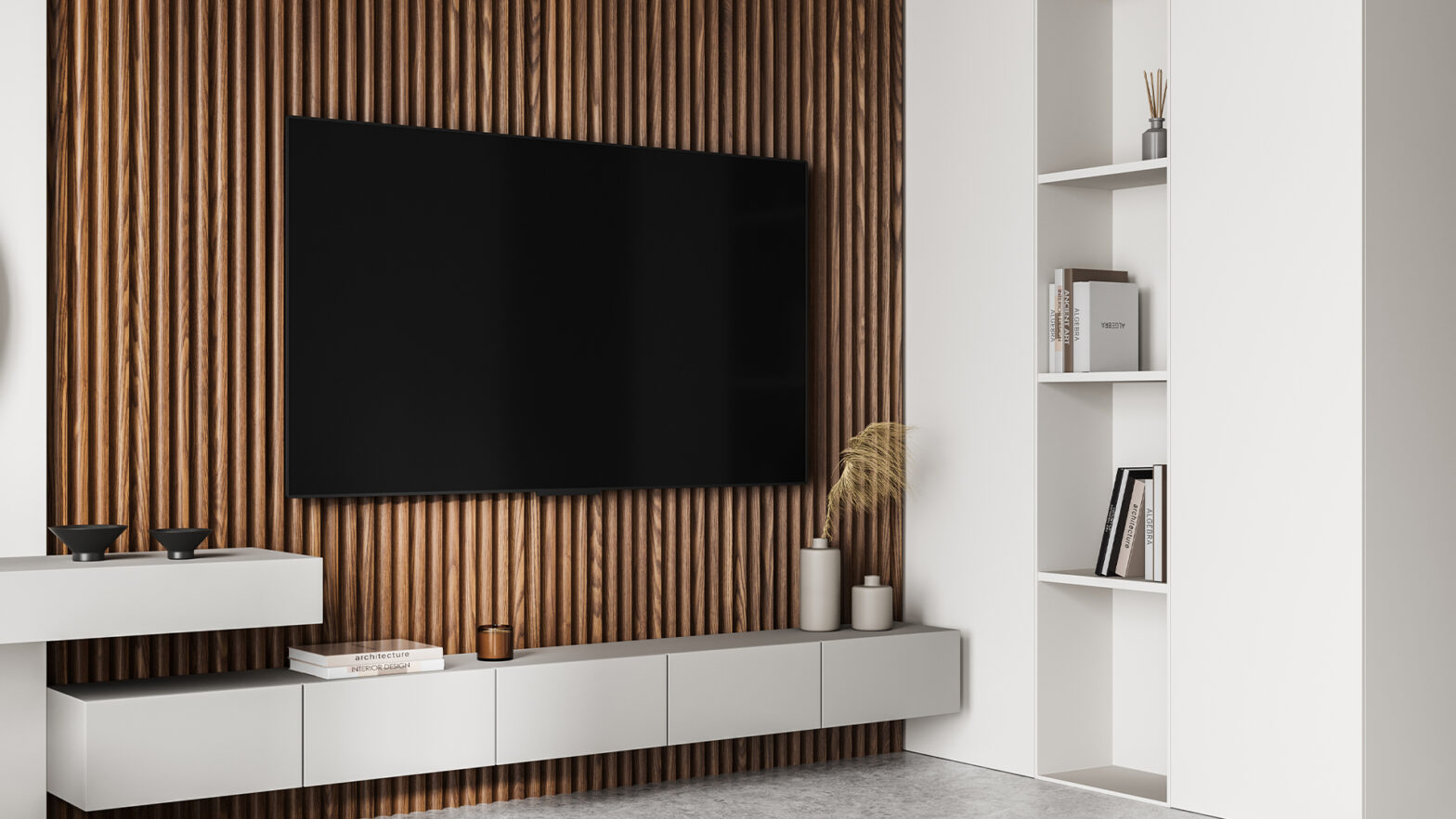Sustainable design, at its core, is an approach that prioritizes the long-term health of the planet and its inhabitants. It involves creating products, services, and environments that minimize environmental impact, conserve resources, and promote social well-being. Key principles of sustainable design include energy efficiency, which focuses on minimizing energy consumption throughout a product or structure’s lifecycle. Resource minimization emphasizes the responsible use of materials, encouraging choices that are renewable, recycled, or repurposed. Additionally, sustainable design often considers the well-being of those involved in production processes, emphasizing ethical sourcing and fair labor practices.
In today’s business climate, sustainable design is rapidly transitioning from a niche concept to a fundamental expectation. Consumers are increasingly conscious of the environmental impact of their choices, favoring brands that demonstrate a commitment to sustainability. Furthermore, rising energy costs and regulations incentivize businesses to adopt energy-efficient practices. By embracing sustainable design, companies can enhance their reputation, reduce operating costs, and gain a competitive edge in an increasingly environmentally aware market.
Outsmart the Competition: How Engineering Excellence Drives Profitability
Engineering excellence is a hallmark of superior design, execution, and continuous improvement. It goes beyond mere technical competence to embody precision, innovation, and an unwavering commitment to quality. Precision ensures meticulous attention to detail, resulting in designs and products that meet the highest standards of accuracy and functionality. From pioneering land development engineering services techniques to redefining engineering services with cutting-edge tools, the company’s innovations are driven by a desire for increased sustainability and efficiency.
Innovation lies at the heart of engineering excellence, driving engineers to think creatively, explore new solutions, and push the boundaries of possibility. Finally, an emphasis on quality ensures that products and processes consistently deliver exceptional performance and reliability.
In the modern business landscape, engineering excellence is a powerful differentiator. Companies that excel in this area create products that are inherently more desirable, command customer loyalty, and justify premium pricing. Furthermore, engineering excellence drives operational efficiency by minimizing errors, reducing waste, and optimizing resource utilization. This translates into streamlined processes, lower production costs, and ultimately, increased profitability for the business.
Innovation for Impact: The Power of Sustainable Engineering Solutions
To truly unlock the potential for transformative change, sustainable design principles must be seamlessly integrated into engineering processes. This interdisciplinary approach fosters a holistic perspective, enabling engineers to design with both function and environmental impact in mind.
Numerous companies and projects exemplify the power of this combined approach. For instance, advancements in sustainable building design have led to structures that generate their energy through solar panels and geothermal systems. Engineering services are being redefined to incorporate assessments of environmental impact and explore circular design principles.
However, integrating sustainability into engineering can present challenges. It may require collaboration and knowledge-sharing across disciplines or the adoption of new tools and methodologies. By embracing these strategies, businesses position themselves at the forefront of innovation and create lasting positive change.
The Business Case for Sustainability: Profitability Meets Responsibility
The integration of sustainable design and engineering excellence yields a multitude of benefits for both businesses and the environment. From a business perspective, sustainable practices often result in significant cost savings. Energy-efficient systems reduce operational expenses, while optimized material selection and resource management minimize waste. Furthermore, a commitment to sustainability enhances brand image and fosters customer loyalty. Consumers are increasingly drawn to companies that demonstrate environmental responsibility.
The positive environmental engineering services impacts of this approach are undeniable. By prioritizing energy efficiency, businesses reduce their carbon footprint and contribute to the fight against climate change. Sustainable engineering services promote responsible resource management, conserving precious materials, and minimizing pollution. The adoption of renewable energy sources and circular design principles further contributes to the overall health and well-being of the planet. Ultimately, investing in sustainable design and engineering is not only good for business but also crucial for building a better future for the planet.
Sustainable Engineering: The Path to a Profitable and Resilient Future
In summary, the integration of sustainable design principles into engineering processes paves the way for a more innovative, responsible, and profitable future for businesses. By embracing energy efficiency, resource conservation, and environmentally conscious design, companies can reduce costs, enhance their reputation, and contribute to a cleaner planet. The future of business is one where sustainability is not a mere option but a driving force. Businesses that invest in sustainable practices and engineering innovation companies like Barge Waggoner Sumner and Cannon Inc will position themselves at the forefront of this transformation, reaping the long-term benefits of a more resilient and equitable world.

































